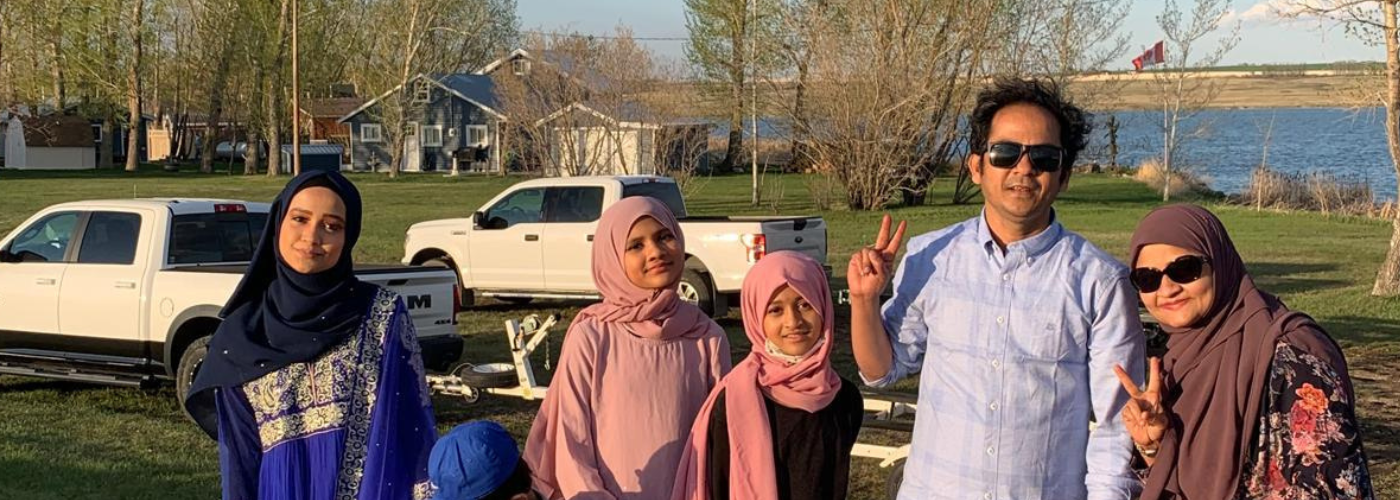
Rohingya voices: A harrowing journey from Myanmar and Malaysia to Canada
September 13, 2024For many years, Sandar Lynn Rashid and her husband Mohd Ayas Hashim, both members of the persecuted Rohingya minority, volunteered for Doctors Without Borders / Médecins Sans Frontières (MSF) in Myanmar’s Northern Rakhine State. Ayas was a health educator while...
Read more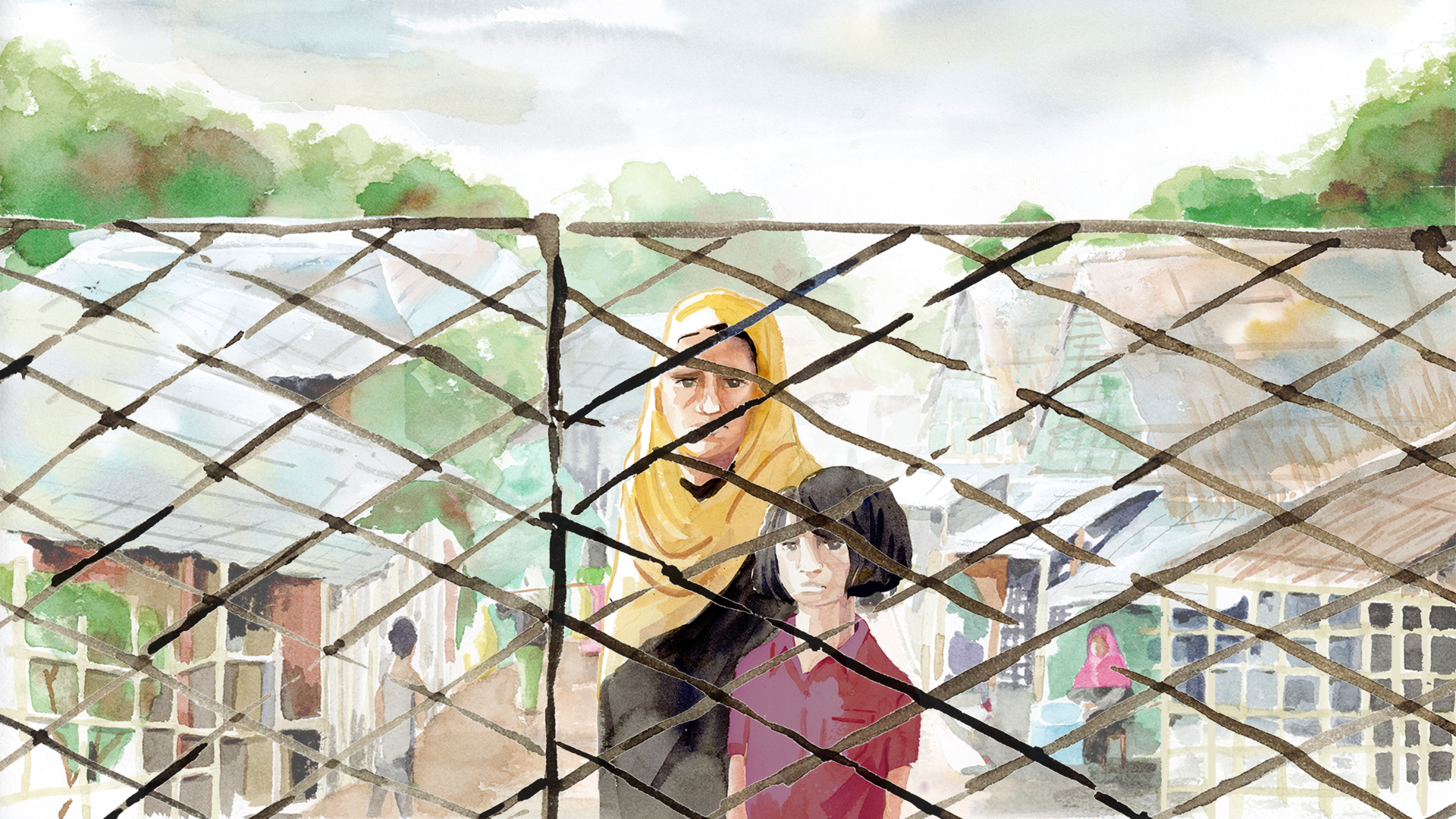
আটকে পড়া এবং ভুলে যাওয়া এক জনগোষ্ঠী: কোথায় নিরাপত্তা চাইবে রোহিঙ্গারা?
September 5, 2024মিয়ানমারের রাখাইন রাজ্যে ক্রমবর্ধমান সংঘাতের কারণে রোহিঙ্গা জনগোষ্ঠী আটকে পড়ছে, যারা সীমান্ত পেরিয়ে বাংলাদেশে প্রবেশ করতে পারছে না, কোনরকম নিরাপত্তা বা সহায়তা ছাড়াই তাদের ফেরত পাঠিয়ে দেওয়া হচ্ছে। “আমরা বিস্ফোরণ, গুলির শব্দ এবং মানুষের চিৎকার শুনেছি,” ১৭ মে সন্ধ্যায় যখন...
Read more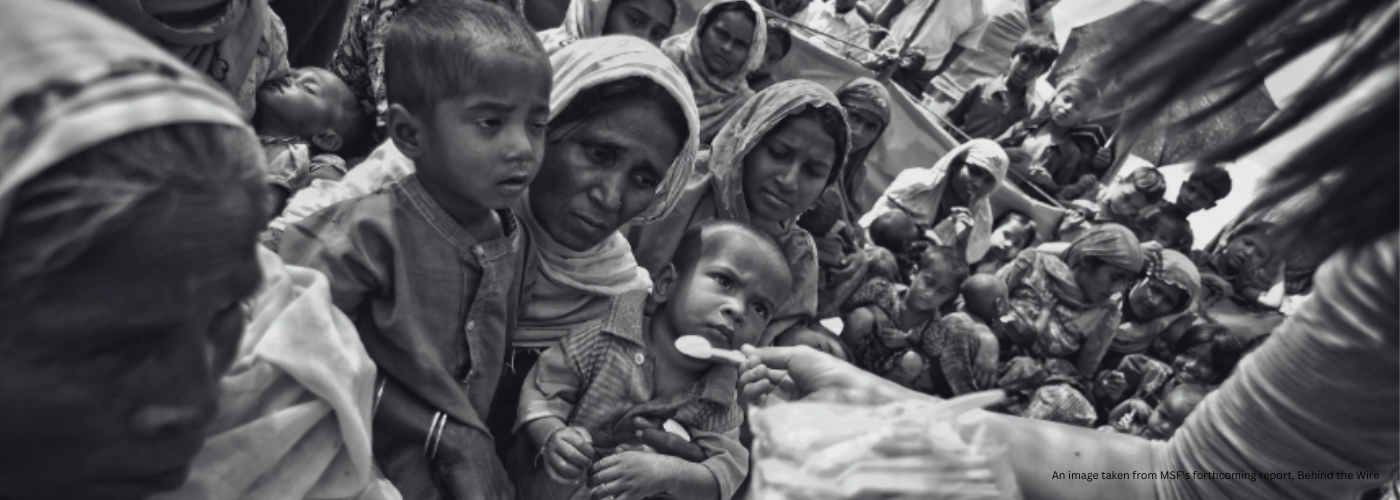
Bangladesh: Trapped and forgotten, where can Rohingya people seek safety?
August 22, 2024Click here to read this article in Bangla. As Rohingya become increasingly trapped by raging conflict in Myanmar's Rakhine state, those who cannot pay their way across the border into Bangladesh are being left without protection or assistance. “We heard explosions, gunfire...
Read more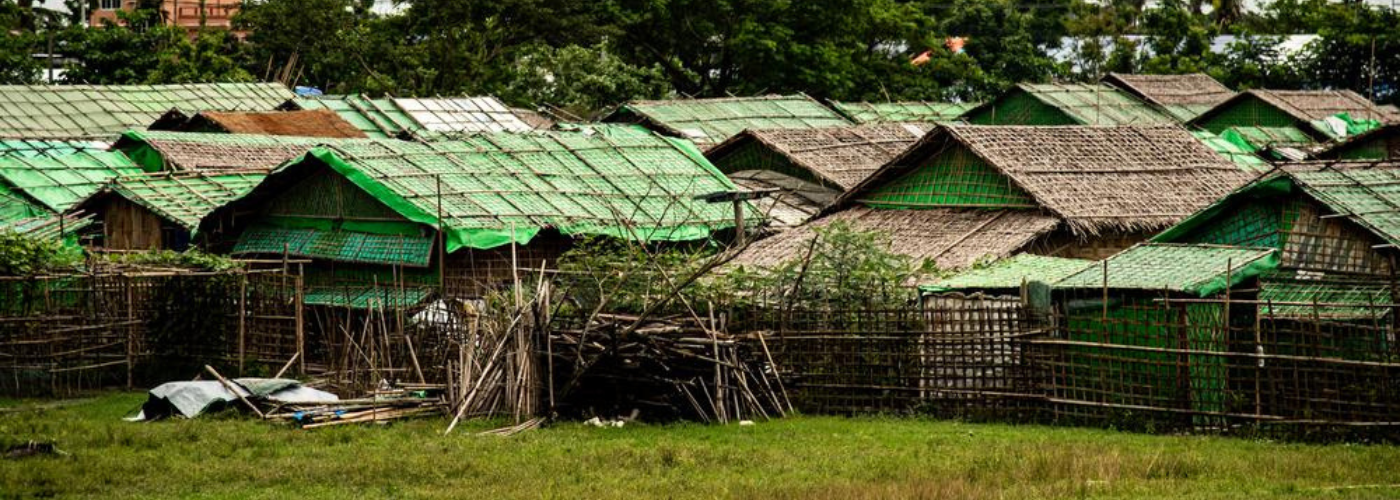
Myanmar on the brink: A population in desperate need
August 19, 2024Shinjiro Murata, General Director, MSF Japan Across Myanmar, 18.6 million people are struggling to meet their basic needs—including access to medical care. The humanitarian situation in Myanmar is rapidly deteriorating, and yet the international community is crippled by inaction, their...
Read more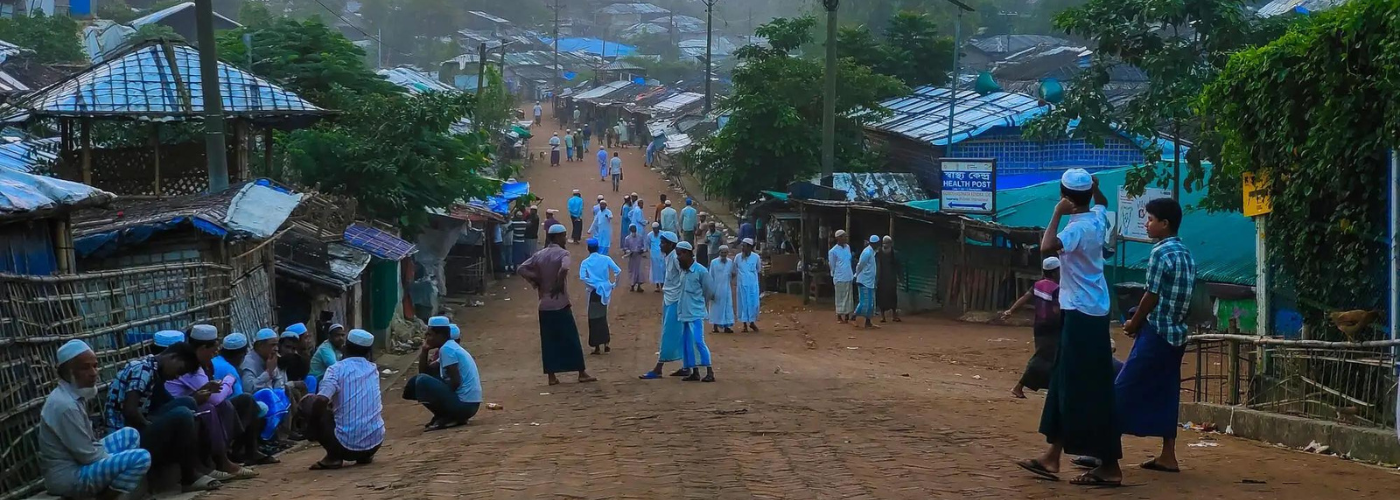
Bangladesh: MSF sees severe spike in arrivals of war-wounded Rohingya from Myanmar
August 10, 2024Escalating numbers of Rohingya people with violence-related injuries have crossed the border into Bangladesh over the past week, says international medical organisation Médecins Sans Frontières/Doctors Without Borders (MSF), indicating the worsening humanitarian crisis in Myanmar’s Rakhine state.In the four days...
Read more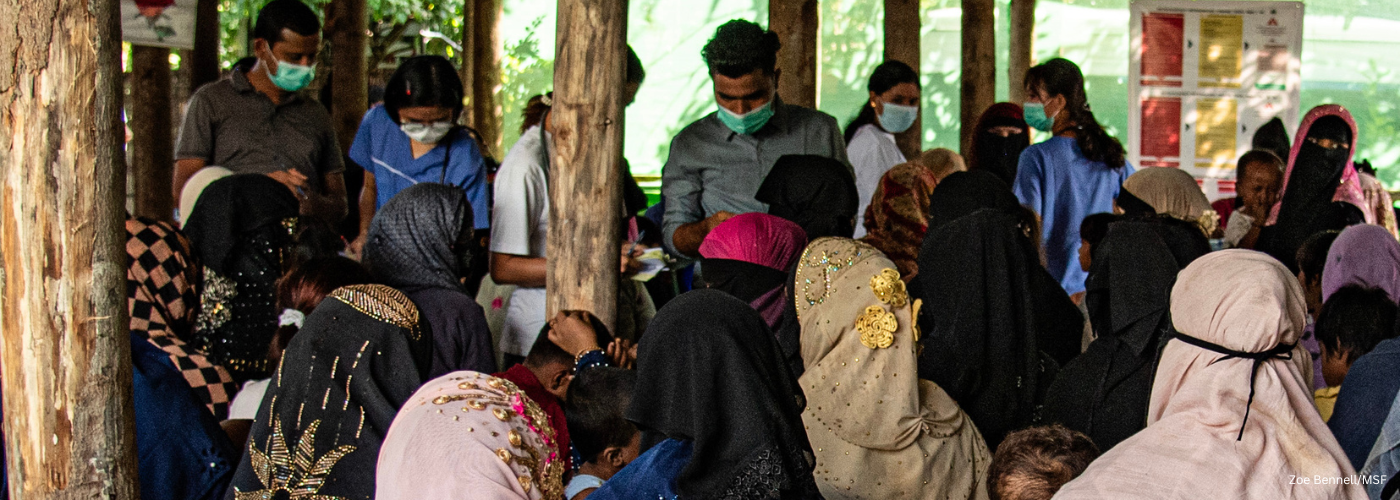
Myanmar: MSF suspends medical activities in northern Rakhine state
June 28, 2024The extreme escalation of conflict, indiscriminate violence, and severe restrictions on humanitarian access in northern Rakhine State, Myanmar, have forced Médecins Sans Frontières (MSF) to suspend medical humanitarian activities in the townships of Rathedaung, Buthidaung and Maungdaw. MSF ran 14 mobile...
Read more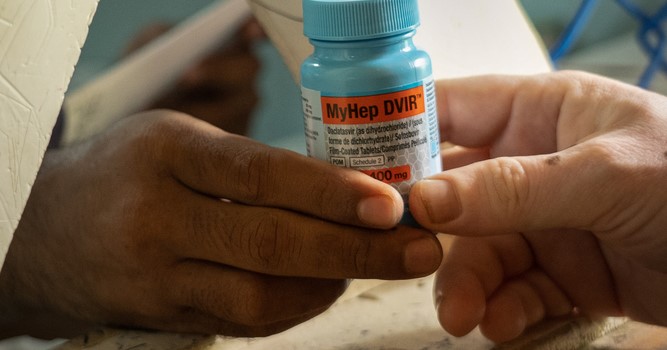
Lack of hepatitis C care means most Rohingya refugees cannot be cured amid alarming prevalence rates in camps in Bangladesh
June 13, 2024A study carried out by Médecins Sans Frontières (MSF) indicates that almost 20 per cent of the Rohingya refugees tested in the Cox's Bazar camps in Bangladesh have an active hepatitis C infection.A blood-borne virus, hepatitis C is a disease...
Read more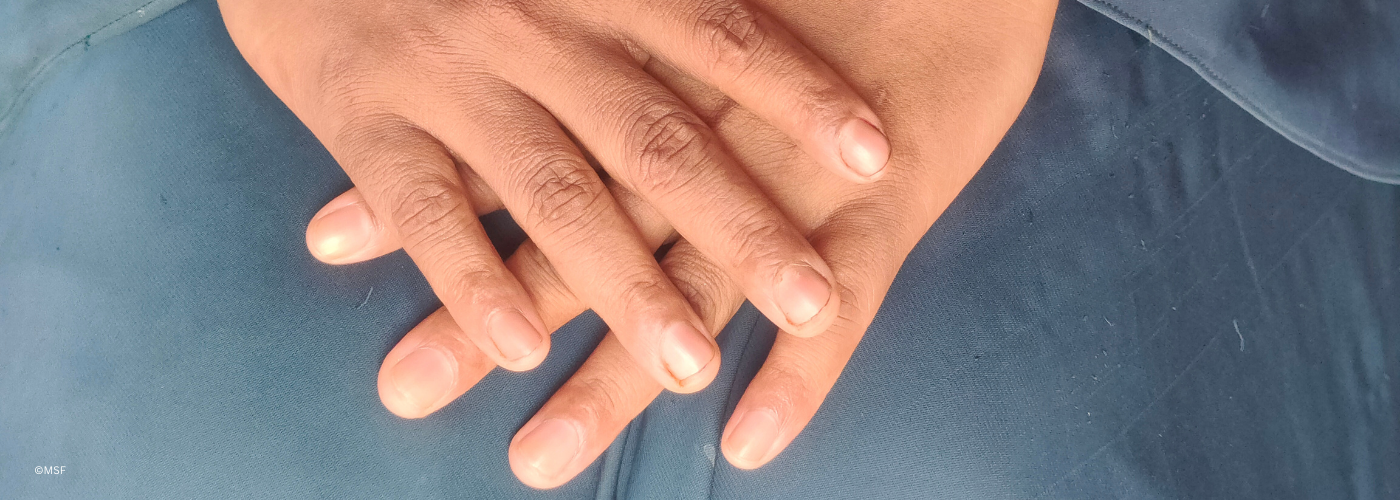
World Health Day: Women’s healthcare challenges in Bangladesh
April 8, 2024In Bangladesh, Rohingya refugees fleeing violence and persecution in Myanmar have sought refuge in Cox's Bazar district where MSF has been providing medical services since 1992. The latest and the largest influx occurred in 2017, when nearly 700,000 Rohingya entered...
Read more
Médecins Sans Frontières(MSF) calls attention to the ongoing Rohingya crisis
January 29, 2024Today, Médecins Sans Frontières (MSF)/Doctors Without Borders launched a short animation film, "Lost at Sea", that illustrates the harsh reality Rohingya endure as they try to seek safety—and their resilience. The film “Lost at Sea” is based on the experience...
Read more
Out of fear: Rohingya youth trapped in violence and despair
December 6, 2023This thought-provoking 28-minute documentary is set in the sprawling camps of Cox's Bazar, Bangladesh, the temporary home of an estimated one million Rohingya refugees. Over half of the refugees here are children, a new generation growing up in the shadows...
Read more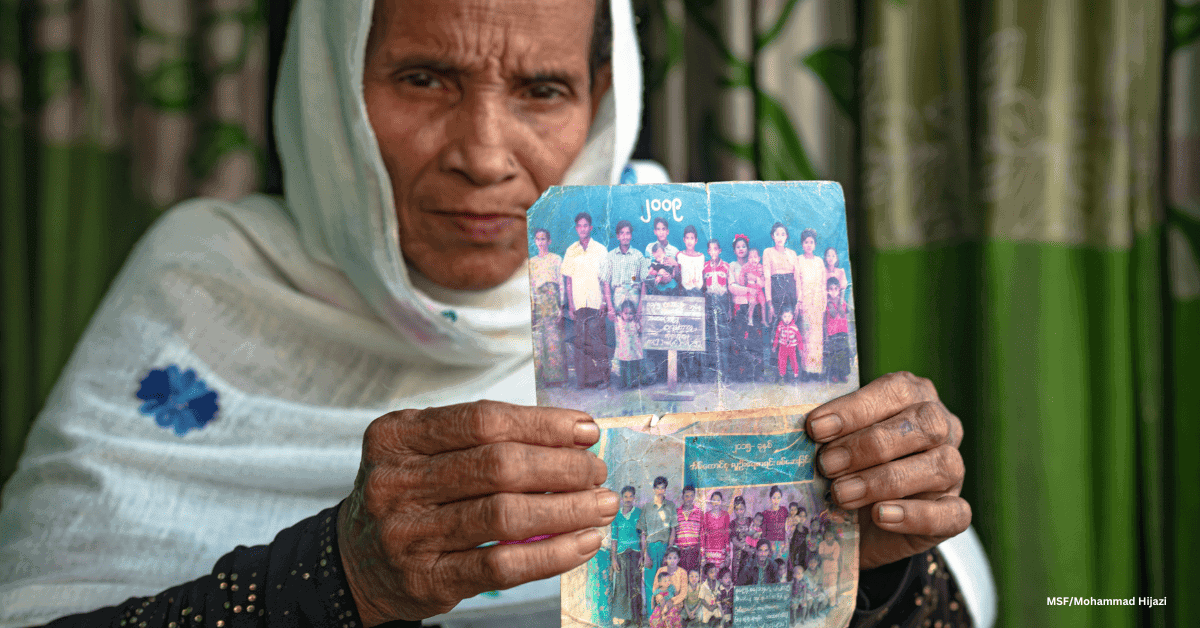
Remnants of home: six years on, the lasting mementos of Rohingya families
September 6, 2023Once, in villages within Rakhine State in western Myanmar, the Rohingya community lived, raising families and pursuing livelihoods. However, that existence was shattered on 25 August 2017, when a wave of targeted violence and persecution forced the Rohingya to flee...
Read more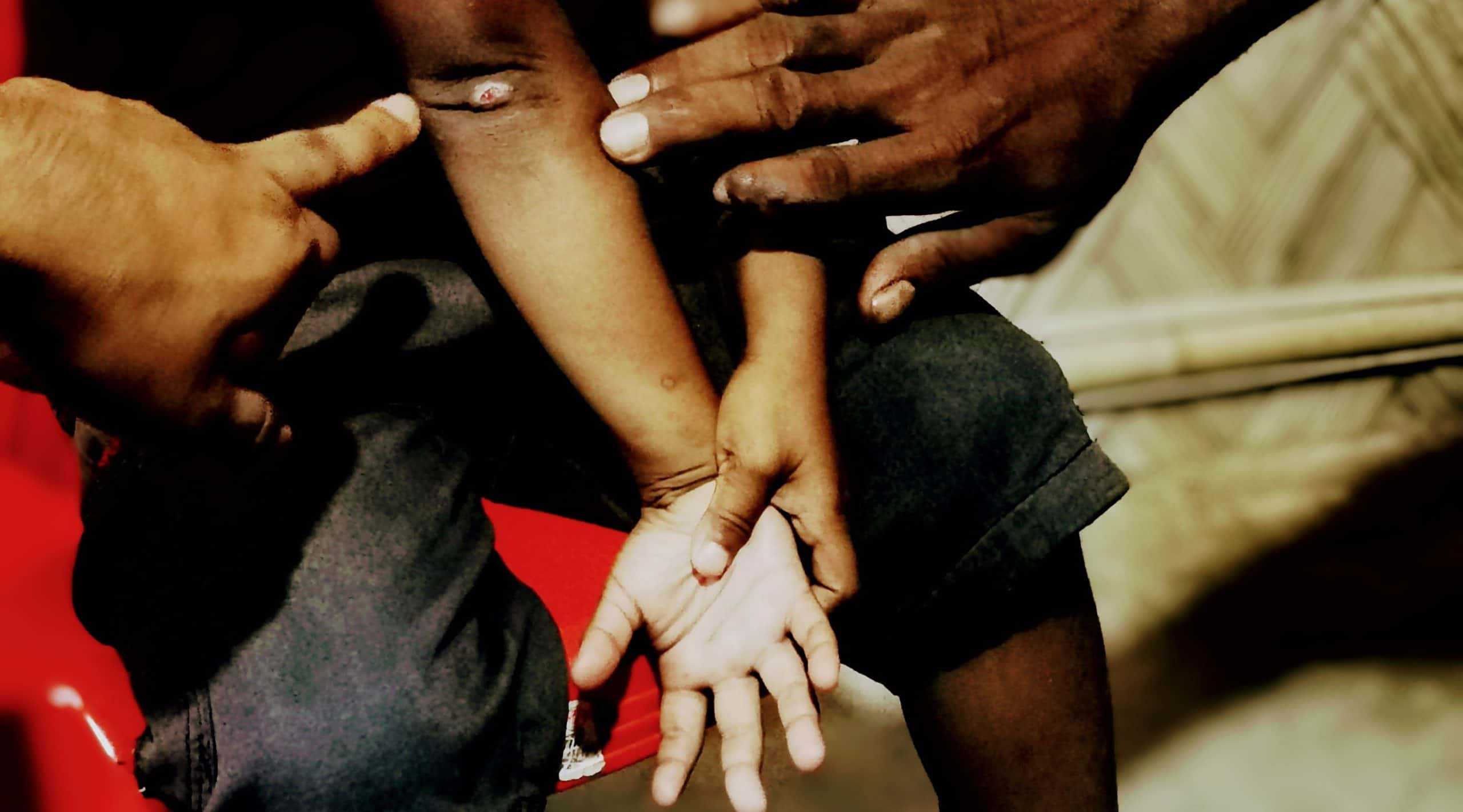
Bangladesh: MSF calls for an urgent and comprehensive response to the scabies outbreak in Cox’s Bazar refugee camps
July 13, 2023Cox’s Bazar, 12 July, Wednesday - An outbreak of scabies, the skin disease, is affecting hundreds of thousands of Rohingya living in refugee camps in Bangladesh’s Cox’s Bazar district, demanding an urgent response, says international medical organisation Médecins Sans Frontières/Doctors...
Read more










